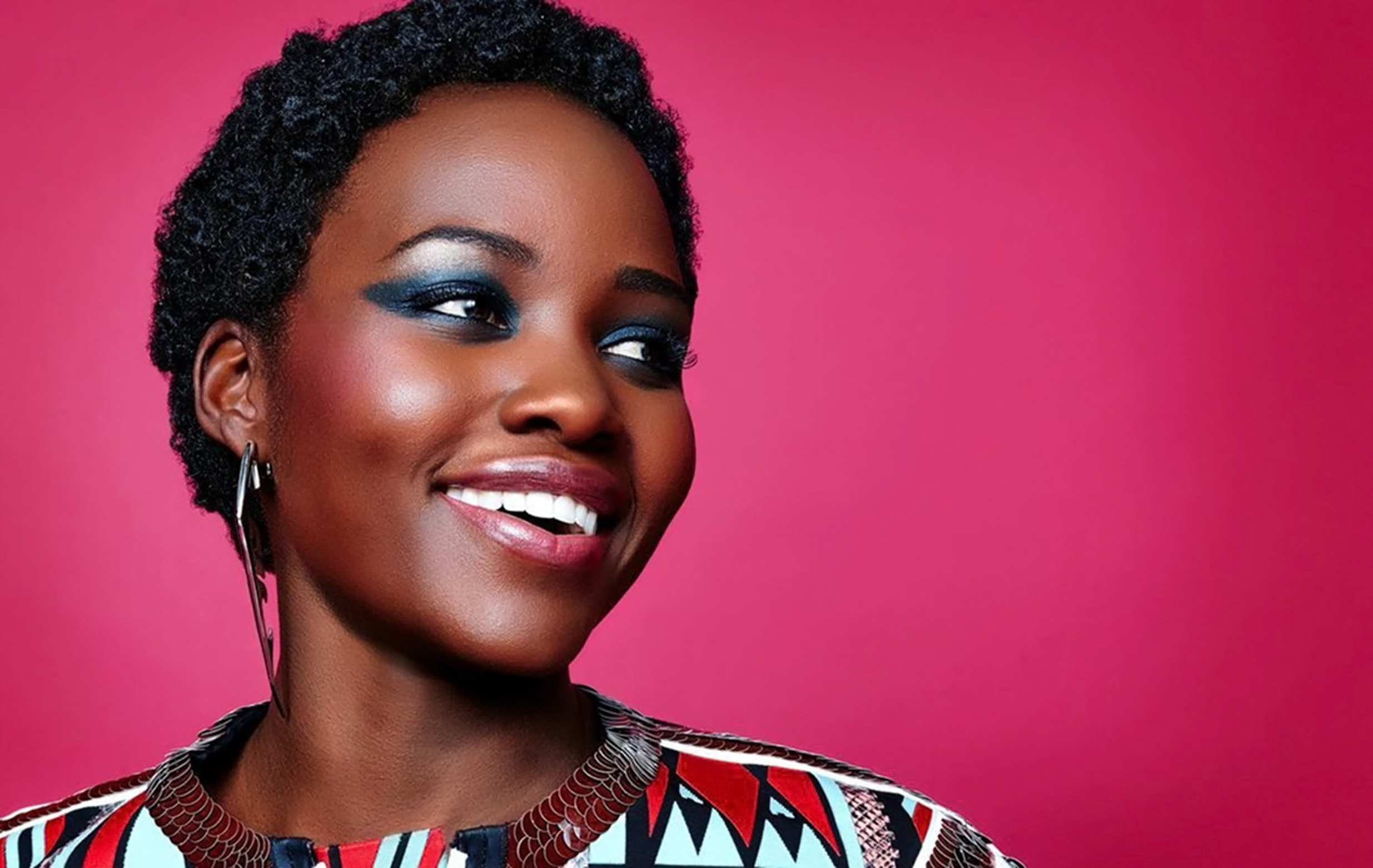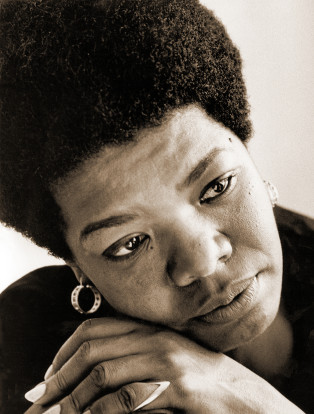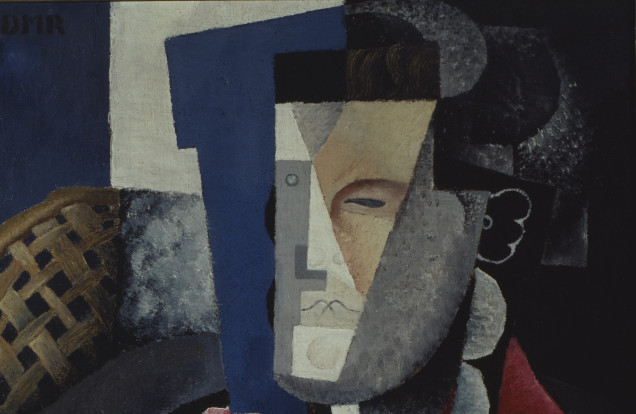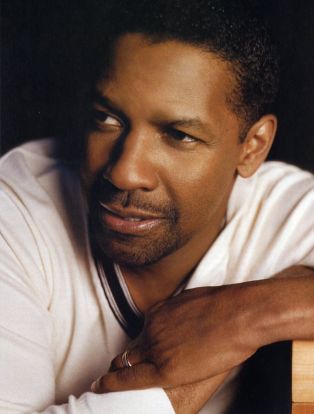Profile: Lupita Nyong’o
Stunning Oscar winner makes all the right moves

“I got teased and taunted about my night-shaded skin,” Lupita Nyong’o said in an award-acceptance speech she gave at the 2014 Black Women in Hollywood Luncheon, speaking of her self-image as a child. “And my one prayer to God, the miracle worker, was that I would wake up lighter-skinned. The morning would come, and I would be so excited about seeing my new skin that I would refuse to look down at myself until I was in front of a mirror, because I wanted to see my fair face first. And every day I experienced the same disappointment of being just as dark as I had been the day before.”
With the help of her TV idol Oprah Winfrey and model Alek Wek, Nyong’o would eventually learn to embrace her dark-skinned appearance and to seek beauty that is not just skin deep. But the key to her personal success story was not just self-acceptance. And it wasn’t just luck, either, even though her very first film role, as Patsey in 12 Years a Slave (2013), earned her a Best Supporting Actress Academy Award and overnight global fame.
Nyong’o was born in Mexico City in 1983 (she’s 33) to Kenyan parents; her father was a visiting political science lecturer there at the time. She was raised in Kenya, where her father would eventually be elected to the Senate, and holds citizenship in both Kenya and Mexico (she speaks fluent Spanish, English, Luo and Swahili). Even as a young girl, Lupita had the acting bug; at Hampshire College in the U.S. she studied film and theater, and, after graduating, went on to the prestigious Yale School of Drama.
Director Steve McQueen cast her as the desperate slave Patsey in 12 Years a Slave (see video, above) immediately after she got her master’s from Yale. And despite her many years of training, the role presented a daunting challenge. “I was heartbroken by her story,” Nyong’o told the New York Times. “I just felt so sorry for her. I recognized then that I had a lot of work to do to get to a point where I could play her, because feeling that kind of sympathy for someone is no way to actually inhabit them… She was just simple and she was trying to get by on a daily basis. She’s not sentimental about her pain. I had to have the same kind of attitude.”
Since her Oscar win, Nyong’o has been very busy. Some of her time has been devoted to fashion: She’s graced the cover of Vogue and Elle (France), and was named “The Most Beautiful Woman” in 2013 by People and “Woman of the Year” by Glamour. She became the new face of Lancôme, the first black woman to do so. Some of her time has been devoted to important causes: She spoke out for the preservation of the historic Shockoe Bottom neighborhood in Richmond, Virginia, the site of much slave-trading before the Civil War. And this year she launched an anti-poaching campaign to support the zero-tolerance approach of the Kenya Wildlife Service.
As an actress, Nyong’o took on some choice voice roles: as Raksha, the mother wolf in Disney’s The Jungle Book, and as the CGI space pirate Maz Kanata in Star Wars: The Force Awakens. And she triumphantly returned to the stage in Eclipsed, on Broadway, a play about the Liberian Civil War. This September she will star in Mira Nair’s film Queen of Katwe, a true-life drama about the young Ugandan chess prodigy, Phiona Mutesi, who would compete in the Chess Olympiad; Nyong’o plays Phiona’s hard-working mother. Here’s the trailer:
Perhaps most exciting of all, Nyong’o has been cast opposite Chadwick Boseman in the upcoming Marvel superhero franchise Black Panther, due out in theaters in 2018. And indeed, the future for this marvel of an actress looks nothing less than fierce.



